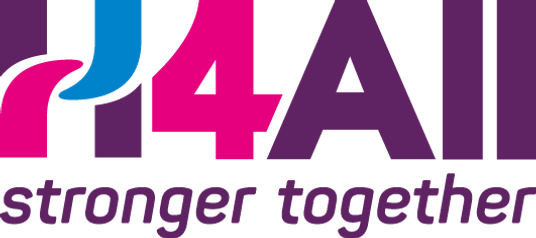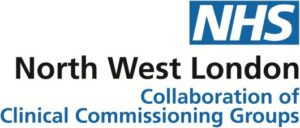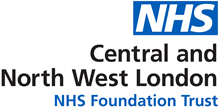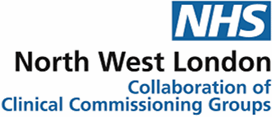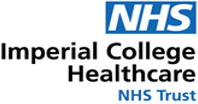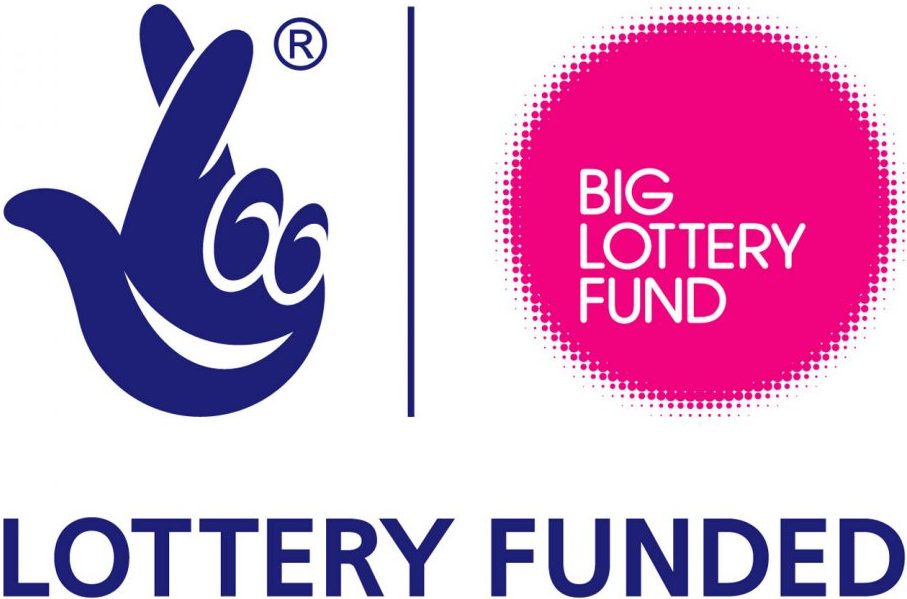West London Minds Collaborative can offer a wide range of creative initiatives to help our NHS partners deliver new models of service at pace, achieve excellent value for money and provide positive outcomes for people with mental health problems.
We’re committed to working with Mind charities operating in North West London to progress sector wide-development opportunities.
Highlighted to the right, are just some examples where we can offer support:
West London Minds Collaborative, with our ability to rapidly deploy high quality and cost-effective services, is ideally placed to offer even more support to help deliver the national and regional priorities for mental health services.
If you would like to hear more about any of services highlighted on this page or receive a presentation from our delivery team, then please contact Paul Duncan, Director of Transformation on 07545 934441 or email [email protected].
1 Mental Health Crisis Alternatives
Building on the successful launch of the new Mind adult crisis alternative service operating from three sites covering Hammersmith, Fulham, Ealing and Hounslow, we can use the same model to quickly establish a similar, proven and effectives service in both Hillingdon and Harrow. This will be aligned with NHS 111 service and reduce presentations to A&E.
2 Community CAMHS Eating Disorders
We know improving services for young people with eating disorders is a national and local priority. Treatment often involves highly skilled and specialist care. However, we believe that by focusing on early intervention, this can reduce the number of people requiring more complex support.
We would work closely with school nurses to focus on disordered eating before it turns into an eating disorder. The nurses would work collaboratively with us to offer a holistic approach of physical health and monitoring and we would also provide the mental health and emotional wellbeing element of support.
3 A&E Youth Case Workers
We can employ people to work alongside hospital staff within A&E departments to proactively identify vulnerable young people and help them to access and engage the support they need to prevent any potential escalation of violence, reduce the risk of repeat victimisation or exploitation, and reduce the admission rates to hospital.
4 Placement Support
We realise many young people are having to be placed many miles from their homes to receive specialist mental health care. We can provide enhanced community support to allow safer and quicker return of out of area placements with a priority focus on children and young adults.
5 Covid-19
The trajectory of mental health needs outlasting the virus itself mean that demand is likely to remain high for a long time. Preliminary research has already suggested there may be a connection between COVID-19 and mental health problems. Working in conjunction with primary care, community MDTs and the recently established NHS Long Covid clinics, Mind can offer a bespoke service in the communities of West London focusing on helping tackle the enduring mental problems attributable to Covid. This will also help avoid people having to use secondary care as a support mechanism.
This support can also include training to support staff particularly those in primary care who may need help in identifying people who have had Covid and need mental health support.
6 Workforce
One of the biggest challenges facing the NHS is the ability to expand its workforce to meet the demand on accessing mental health services.
Mind are agile and adept at creating innovative models of care which if undertaken in partnership with the NHS, may offer a more attractive option that traditional employment opportunities.
7 High Intensity Users (HIUs)
A small number of HIUs of urgent care are responsible for a disproportionate expenditure of resources. Many of these HIUs present with some form of mental health problem
By focusing on an agreed number of HIUs and with the support of our third sector partners, we can provide community support to the individual that will reduce the likelihood of an A&E attendance, possible bed occupancy and result in a consequent net financial saving to the NHS.
8 Counselling
We already provide a range of counselling and therapy services such as those focused on people dealing with a particular life crisis, Covid related issues, bereavement and loneliness.
Therapy is beneficial and cost-effective for those suffering from such distress and prevents people calling on more expensive support available from the NHS.
Our therapy services offer superb value for money and, case by case, are considerably cheaper than those provided by the NHS but offer the same positive outcomes.
9 Training
Pressures are increasing on NHS staff and employers are constantly looking at ways of improving their wellbeing at work. West London Minds Collaborative can provide an extensive range of training covering all aspects of mental health and resilience support in the workplace.
We can also provide training for staff who are the first point of contact for someone with a mental health problem. For example, training primary care staff, ambulance call handlers and A&E receptionists in how to best respond to calls from people with mental health problems and help them get the right service for support they need.
10 Advocacy
The demand for mental health services has also seen a rise in the need for advocates to support people with mental health problems including those with dual diagnosis (see below). This is particularly the case in the more deprived areas within West London. The three Mind organisations in West London already provide advocacy support and are well placed to expand this service.
11 Green Social Prescribing
The COVID-19 pandemic has also highlighted the importance of being outdoors to people’s mental and physical health, as well as the inequality of access to green space.
Social prescribing and community-based support enable GPs, other health and care practitioners and local agencies to refer people to a link worker who gives people time and focuses on what matters to the individual. For some people this will be green social prescribing, which links them to nature-based interventions and activities, such as local walking for health schemes, community gardening and food-growing projects.
The three local Mind organisations, well-established in their communities and with strong links with other Third Sector organisations across London, are in a prime position to manage such a scheme across West London.
12 Increased access to maternal mental health services
Perinatal mental illness affects up to 20% of new and expectant mothers and covers a wide range of conditions.
Perinatal mothers are more susceptible to mental health conditions during and after birth. Education around these issues and coping mechanisms can often lacking.
There is stigma around accessing mental health support but also a lack on insight and understanding around mental health issues and how to cope with them.
We could be based at GP surgeries on a peripatetic basis and when mums are told about their pregnancy- there should be a direct link to us. We can then offer a psychoeducation package ‘what to expect when expecting- mental health’. This would involve talking about anxiety, depression, sleep deprivation, stress management etc. It would also involve building a toolkit to cope- meditation, mindfulness, yoga. Then offer a post pregnancy ‘put your tools to use’ package to help them manage post birth.
We should do this in different languages too and in a culturally sensitive way.
13 Physical health checks for people on SMI register
We know across North West London the target of 60% is not being achieved and there is variability across the patch.
We can increase numbers by using existing hubs and office spaces within Mind buildings with physical health professionals conducting in-reach sessions within our buildings.
14 Improving the transition from children to adult mental health services
Despite the recent focus on supporting young people who need to transition from CAMHS to adult mental health services, people are still falling between the gap in these services and not receiving the care they need.
We can provide information, advice and advocacy to those who are transitioning to ensure they understand their rights, entitlements and have a voice in decisions around their care and treatment. We can provide holistic community services like that operating in Camden (Mind the Gap) which focuses on the individuals needs and ensures that get the care required.
15 Dual Diagnosis
Dual diagnosis is a term used to describe co-existing mental health and alcohol and drug misuse problems. It is common, with between a third and a half of people accessing mental health services having co-existing mental health and alcohol and drug problems at some time in their lives. Cases are high within the criminal justice system, young people and adults in alcohol and drug treatment and high numbers present at A&E in mental health crisis.
We can work with clients with a dual diagnosis to help them understand their mental health better and cope using psychoeducation and counselling. We can co-facilitate hubs with drug and alcohol services who often lack experience in mental health and provide drop-in advice and information.
We can also offer carers of those with a dual diagnosis some support (peer support groups).
